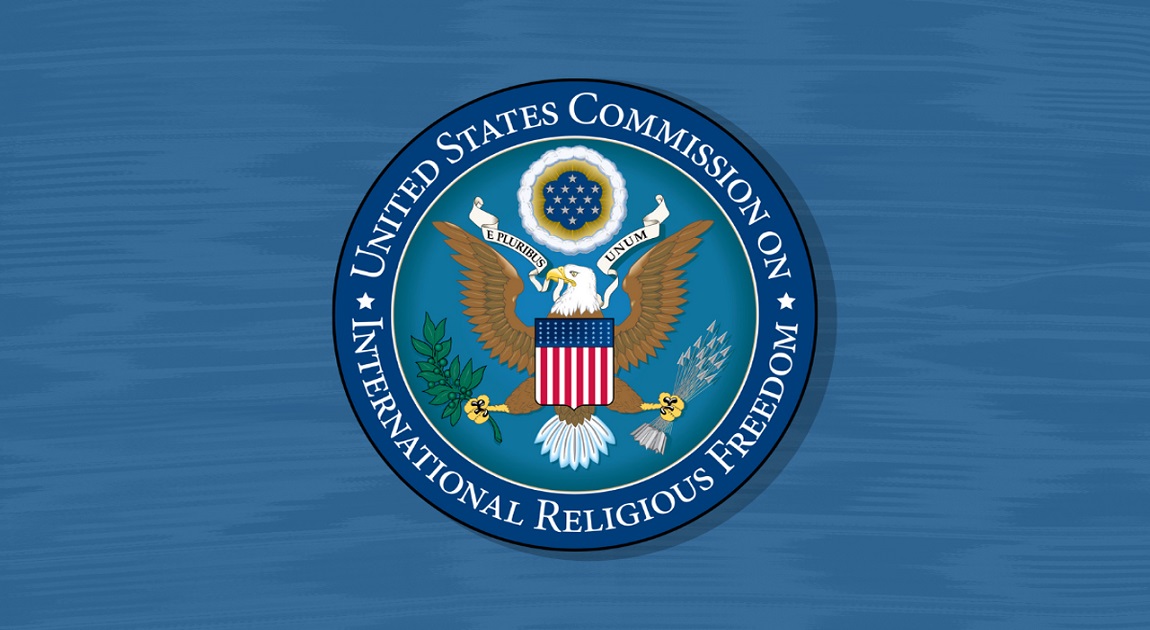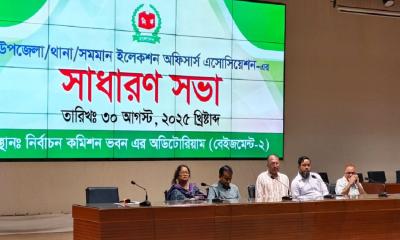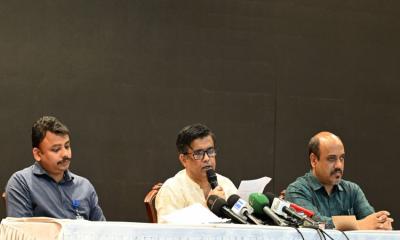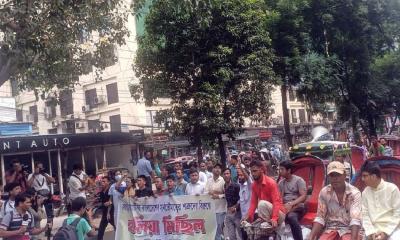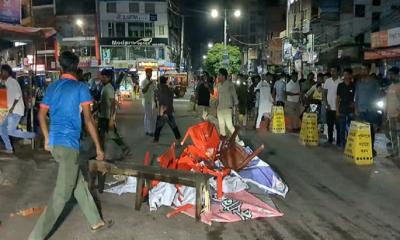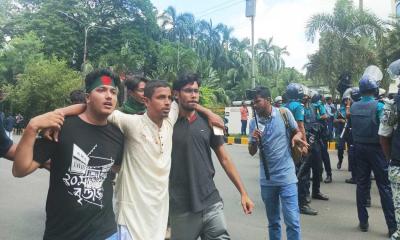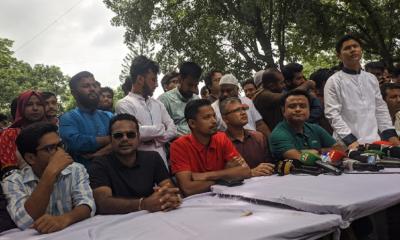Despite recent political reforms in Bangladesh, concerns over religious freedom persist, according to the United States Commission on International Religious Freedom (USCIRF).
In a report released on July 21, the commission acknowledged that the interim government had made progress in promoting political stability and religious tolerance, yet key issues remain unresolved.
One of the central concerns highlighted in the report is the continued discrimination faced by religious minority communities, particularly Hindus, indigenous groups, Ahmadiyyas, and Sufi Muslims.
The report stated that these groups continue to experience systematic bias, social exclusion, and targeted attacks, often without justice or proper accountability.
During a visit to Bangladesh in May, a USCIRF delegation noted that while Interim Chief Adviser Muhammad Yunus had expressed commitments to protect religious freedom, many citizens still voiced fear over their security and ability to freely practice their faith.
The report also raised alarm over Bangladesh’s existing blasphemy laws and the 2023 Cyber Security Act, which contains provisions criminalizing actions deemed offensive to religious sentiments. These laws, according to the commission, create an atmosphere of fear and censorship, particularly affecting minority voices.
Additionally, it noted growing conservative religious influence on university campuses and a lack of response to attacks on minorities. USCIRF urged the Bangladeshi authorities to take stronger measures to ensure that all citizens, regardless of faith, can worship freely and without fear of persecution.


